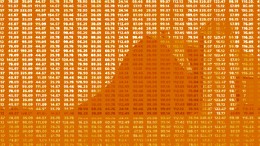Dollar strength means… remarkably little in the real world
ZURICH | UBS analysts | The recent general strength of the dollar has a bearing on commodity prices, clearly. Commodities are universally priced in dollars, and as homogenised products dollar appreciation should lead to a decline in commodity prices in dollar terms. However, the strength of the dollar against sterling (in 2008/9) or against the yen (sporadically since 2012) did not lead to UK or Japanese exporters cutting the dollar price of their manufactured products or services.



